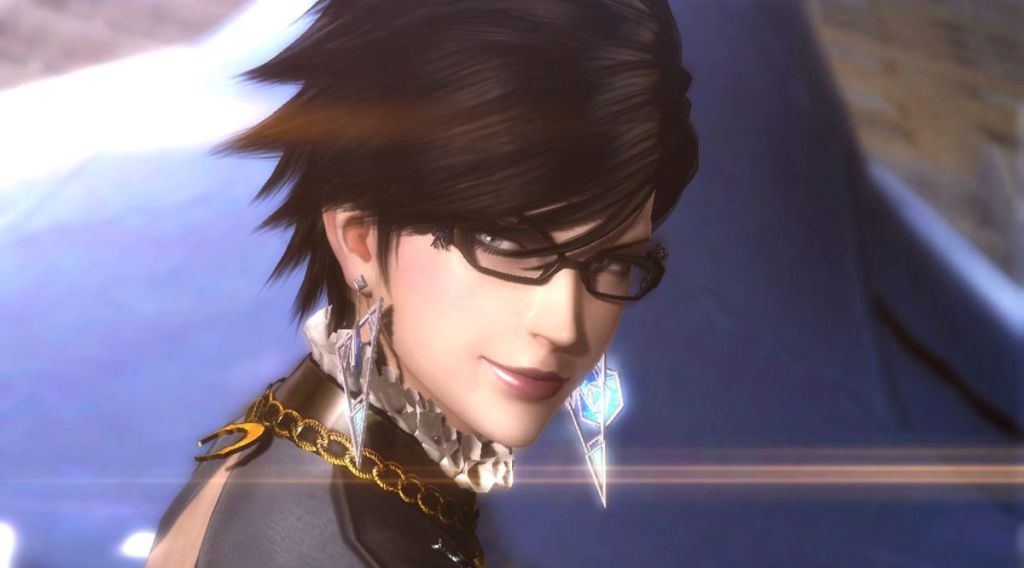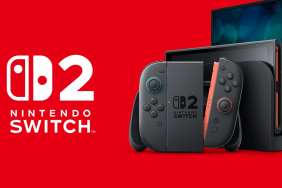Bayonetta is one of those rare video game characters that forces both sides of the sexual line drawn in the sand by Gamer Gate discussion to question the definition of what is and isn't acceptable content in a video game, though the sequel deftly dances around these issues with humor and an intelligent narrative.
The original Bayonetta arrived on Xbox 360 and PlayStation 3 to some fanfare, particularly thanks to its pedigree as an action game developed by the brilliant minds at Platinum Games. The intense action, wild character designs, and awkward demon-stripper sexuality nevertheless endeared Bayonetta to some groups while others probably never bothered to play the game for themselves. You could make the argument that this kind of situation is reflective of the immaturity in the gaming market's core demographics, but Bayonetta 2's plot provides a few interesting twists that have me scratching my head.
Specifically, I wonder why people thought I had such a terrible opinion of the game. With the original game scoring an equivalent B+, I think it's important to note a few things I thought Bayonetta 2 did brilliantly, even if I still contend that it's deserving of the lower review score I gave it.
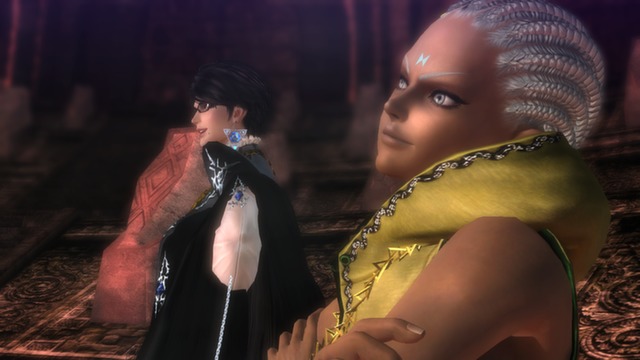
Mummy No More.
One of the more confusing aspects of Bayonetta's character design in the original adventure proved to be her role as a mother figure to a small girl who may as well have been called Bayonetta Jr. Our review of the first game surmises this awkward twist:
Even though she spends most of the game dragging around a little girl who calls her “mummy”, Bayonetta has all the maternal instinct of a socket wrench. She just wants to have fun, and like a black-haired Brittany Spears, she won’t let a little thing like kids ruin her good time.
Ultimately, players learn that Bayonetta needs to fight through so much evil in order to either save her own soul or that of her daughter's, though this inevitably falls flat on the graveyard of as many angels our heroine needs to kill to even approach the final boss of the game. In fact, Bayonetta tries so hard to make this mothering aspect into a primary theme that it actually deflates the narrative through the end of the experience. I wanted nothing more than to finish the game by the time Bayonetta had lost, regained, and finally lost her daughter once again.
Bayonetta 2, on the other hand, actually undoes this awkward knot and provides a basis for Bayonetta's daughter's existence to begin with. In Bayonetta 2, we learn that Bayonetta's lover and her daughter's implied father acts as one of the primary antagonists throughout both games. Platinum Games doesn't flap about with the idea that Bayonetta could conceive a child with her friend Jeanne and thus bring some resolution to the original game through Bayonetta 2's conclusion.
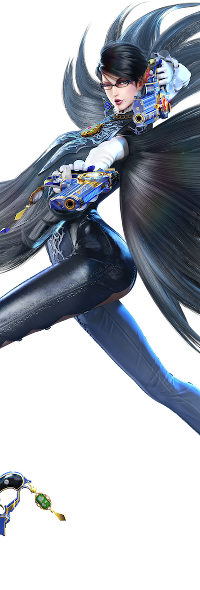 In fact, Bayonetta's daughter only appears once in Bayonetta 2 in order to supplant the idea of mother and child with one of a perpetual circle of life… which I thought was brilliant.
In fact, Bayonetta's daughter only appears once in Bayonetta 2 in order to supplant the idea of mother and child with one of a perpetual circle of life… which I thought was brilliant.
A Lover.
Bayonetta has several different friends to lean on throughout her adventure, perhaps most notably in the Gates of Hell shop, though one enemy eventually becomes a friend or even more than a friend by the end of Bayonetta 2. Without spoiling the character, players find that Bayonetta's cold, cold heart is eventually melted by companionship in Jeanne's absence. Jeanne may still need help and rescue, but by the end of the game, she's saved not just by Bayonetta and our heroine's swords, guns, whips, and other acrobatic weaponry.
Instead, Bayonetta 2's cooperative combat allows players to forge relationships even with computer controlled story characters. That allows for a few truly corny narrative moves, though I couldn't help but find each awkward contortion a laughably endearing sight gag to compliment the relationships going into action-oriented cutscenes.
Bayonetta does a lot of stuff that turns her hair into evil-looking demonic beasts that tower over the opposition and even bloody bosses with a few knock-out punches, but there's an overarching awareness to the game where players are persistently reminded that our heroine actually gets naked in these moments. In the first game, this sexuality raised questions of gaming's maturity level, particularly as action-game mechanics like level blocking, literally forcing the player to defeat a set number of enemies before moving on, left little fodder for anyone arguing the title's measure of forward-thinking design.
In Bayonetta 2, I'd say both the genre and the character evolve by switching directions at just the right times. Rather than looking after her daughter, Bayonetta has a young boy with his own magical abilities to watch over. Instead of fighting by herself throughout the game, Bayonetta teams up with Jeanne and other characters. Instead of forcing the player to accept Bayonetta's strength through demonstrations of combat prowess, the heroine is given more opportunities to verbalize her own will and to counter an awkward cutscene's focus on the space between her legs with an intelligent quip or jab at another character.
Blurred Lines.
Bayonetta 2 also does one more thing that the original completely failed to accomplish with particular emphasis on the portrayal of character and motivations. While the first game may have flopped like a fish, struggling to properly convey Bayonetta's reasons for protecting her daughter or killing the angels that antagonize her, the sequel proposes that gray areas offer more for the heroine to explore.
With an entirely original title under her belt, Bayonetta had already proven herself a fighter on the side of good. A sequel needed to push the character forward, further out of the shadows and into the hearts and minds of players themselves. Bayonetta 2 accomplishes this in the aforementioned changes to her in-game relationships, though it also leans on one key factor to blur lines between good and evil.
When one side counts the forces of hell with them and the other enlists the forces of light and good, it inevitably leads to a clash. Where Bayonetta 2 succeeds is in lessening the obviously demonically-influenced art designs while retaining the color scheme that established them as such in the first game. Rather than completely steam-rolling the competition, one of Bayonetta 2's major boss battles actually results in a hair-demon getting defeated by an angel. The angelic forces of heaven also force players to ask questions by proving ever-the-aggressors, even after one of the white-clad enemies switches sides.
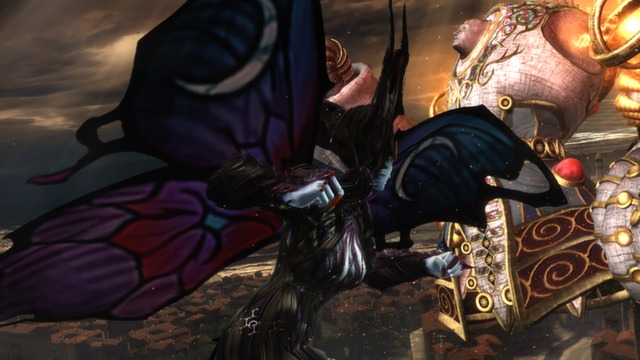
I know GameRevolution has a history of strong, divisive reviews, and I actually hope that continues well into the future as far too many video game critics have ignored opportunities to punish developers and publishers for leaning on content that remains much too similar to last-year's-game. Bayonetta 2, however, only approaches this in its final score of 3.5/5.
I count myself as a fan of the game thanks to its variety of weapons and combat, the smoothed difficulty curve (which was easily one of the first game's biggest failures in my eyes), and in the special Nintendo-themed unlocks. If you're a Wii U owner, make sure to read my full review text and remember that the score itself remains on the positive side, even stacked against most of the mediocre video games you may find aggregated and organized by websites like Metacritic.
